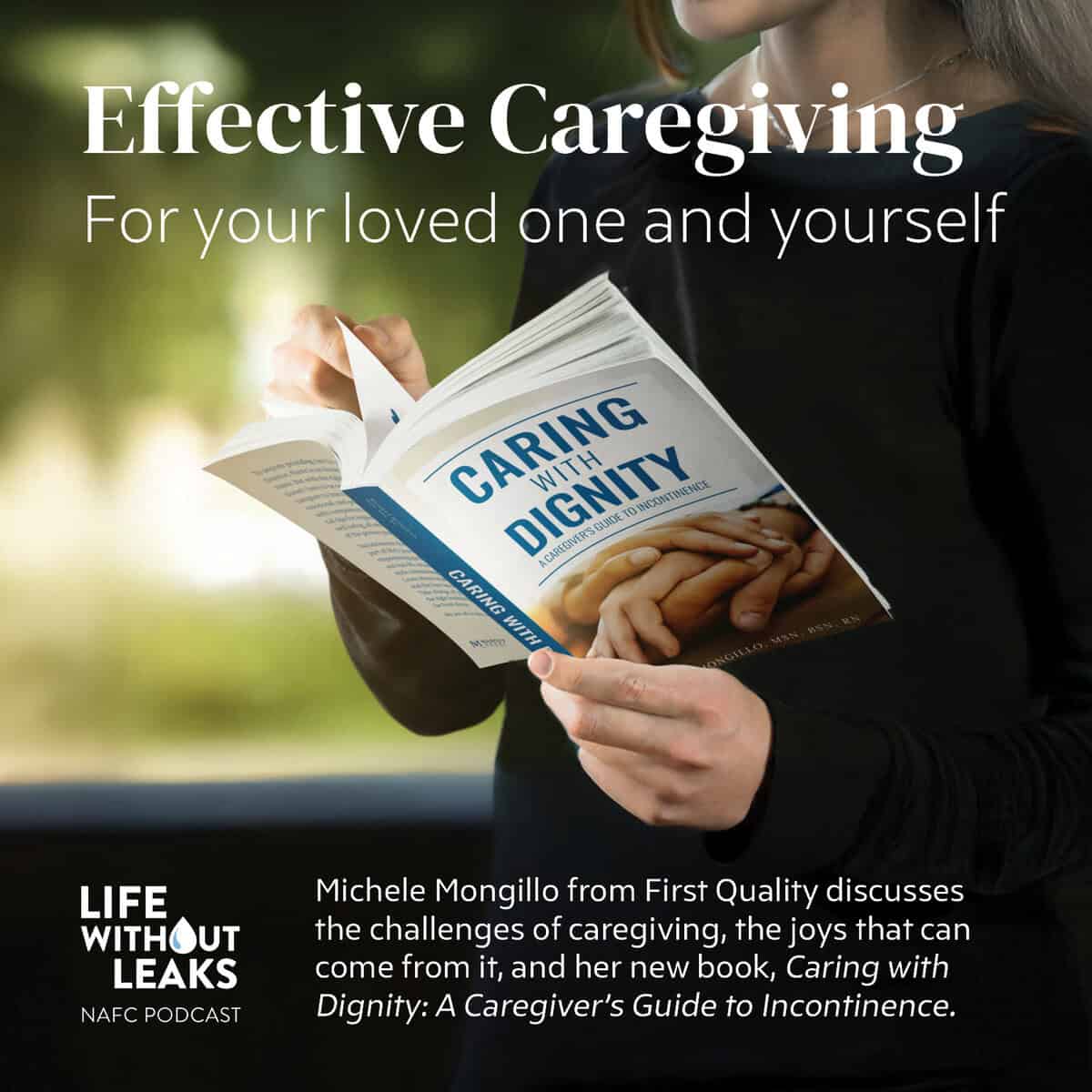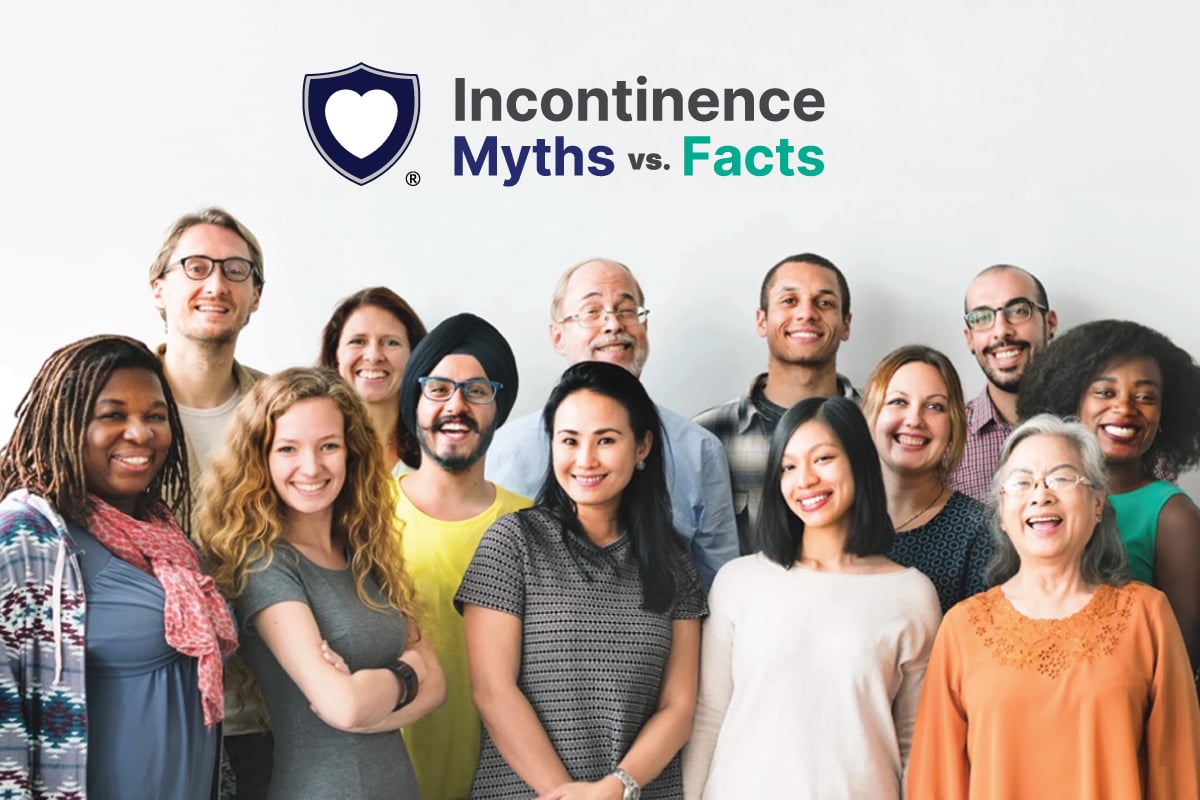
Enjoying the Holidays With Confidence: How to Manage Incontinence During the Festive Season
The holidays are meant to feel magical, full of cozy gatherings, good food, sparkling lights, and time with the people who matter most. But if you live with incontinence, this season can sometimes bring a mix of excitement and worry. Longer days out, richer meals, cold weather, and busy schedules can make symptoms feel a little less predictable.












